A most wonderful example of cognitive dissonance theory of psychology, written in such a delightful fable by La Fontaine. Rosy and ripe, and ready to box, The grapes hang high o’er the hungry Fox He pricks up his ears, and his eye he cocks. Ripe and rosy, yet so high! He gazes at them with a greedy eye, And he knows he must eat and drink or die. When the jump proves to be beyond his power “Pooh!” says the Fox. “Let the pigs devour Fruit of that sort. Those grapes are sour!” Translated by: William Trowbridge Larned …
Category: Books
How the Medicinal Herbs Grew in the Temple of Solomon — the Farther Mosque which Solomon visited daily for devotion and to guide the devotees During his prophecy, David received a Divine order which ordained that his son, Solomon should build a temple. Set out to fulfill this order, Solomon began constructing the temple which would be renowned as the Temple of Solomon. Also later known as the Farther Mosque, it would preserve its unprecedented standing in history. Rumi recounts the blissful story of Solomon’s Temple in his Mathnawi, and says that plentiful stones needed in the construction were fetched …
But already my desire and my willWere being turned like a wheel, all at one speed,By the love which moves the sun and the other stars. Dante Alighieri[1265 Florence-1321 Ravenna] Dante started to write Divine Comedy at the age of 35 when he had to leave his hometown Florence due to a political dispute between the two prominent families. His journey in exile coincides with the narration of Divine Comedy which is considered as one of the timeless masterpieces of western literature. In his epic book, he recounts his afterlife journey to the other world where souls dwell in …
Ostad Elahi (1895-1974) is a renowned Iranian magistrate, thinker and musician who devoted his life to self-knowledge and the quest for Truth. His approach is based on his personal experiences, observations, and research. Having spent first 25 years of his life in asceticism and traditional spirituality, he renounced traditional mysticism in order to join society. He undertook the judicial career to become a magistrate, and started to build his innovative approach to spirituality which he defined as natural spirituality. He defines spirituality : A true spirituality nourishes the soul, ensures its maturation and leads it towards perfection. Natural because …
The story is cited in the monumental spiritual epic Canticle of the Birds, written by the mystical poet Farîd-ud-Dîn ‘Attâr (1146-1221 ). All the birds in the world gather one day to discuss who their Sovereign king is and where they can find him. The gathering takes place in King Solomon’s court. Solomon who understands and speaks the language of the birds presides over the reunion. The little bird Hoopoe knows that Sîmorgh is the Sovereign Being’s name and that she lives in Mount Qâf, the mythical mountain which is believed to connect heaven and earth. According to …
The childhood of the human race is far from over. We have a long way to go before most people understand that what they do for others is just as important to their well-being as what they do for themselves. – William T. Powell “Compassion is a practically acquired knowledge, like dancing. You must do it and practice diligently day by day,” says Karen Armstrong, the pioneer of Charter for Compassion. Daniel Goleman, psychologist and author of emotional intelligence, writes that “true compassion means not only feeling another’s pain but also being moved to help relieve it.” Daniel …
The Novice Who Had Some Gold A novice had a little store of gold. His sheikh knew this, although he had not been told. There was a journey that they had to make – The two set out, the young man and his sheikh; Then night came to the valley where they walked, And into the path they followed forked, The novice trembled for his hidden gold (Which makes its owners less than bold); “Which way to you advise?” he asked his sheikh. “There are two paths; which is the best to take?” The sheikh said: “Throw out what …
Alexander the Great seeks the Fountain of Eternal Life in his long and famed quest from Macedonia to India During his quest, Alexander the Great was travelling in a mysterious Land of Darkness where he was given a special companion and guide called Khezr. The companion was carrying a basket of provisions to sustain the long journey across this unknown dark land. He was walking ahead of Alexander on a rocky terrain when he stumbled upon a rock and spilled the basket. Two dry salted fish which he carried in the basket fell on the ground and instantly a …
A flower- tinted cheek, the flowery close Of the fair earth, these are enough for me – Enough that in the meadow wanes and grows The shadow of a graceful cypress tree. I am no lover of hypocrisy; Of all the treasures that the earth can boast, A brimming cup of wine I prize the most – This is enough for me ! To them that here renowned for virtue live, A heavenly palace is the meet reward; To me, the drunkard and the beggar, give The temple of the grape with red wine stored! Beside a river seat …
One Day In the Life of Ivan Denisovich is the true story of a devout Russian soldier wrongly accused of treason and sentenced to ten years in a Siberian labor camp –the gulag –where there is no escape but death out in the cold, dark and bare tundras. Nobel laureate Alexander Solzhenitsyn (1918-2008) wrote this book after his eight-year imprisonment in the gulag during the reign of Stalin. The very existence of the gulag system was enough to keep the average person fearful and silent in Stalin’s Russia. The dictator’s spies were everywhere. He …



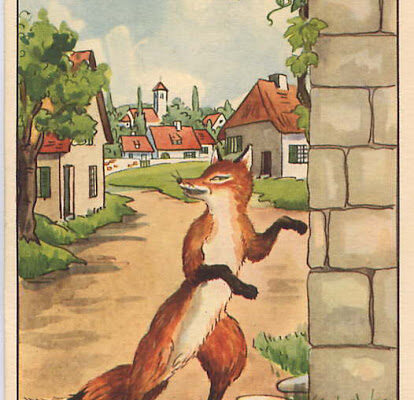

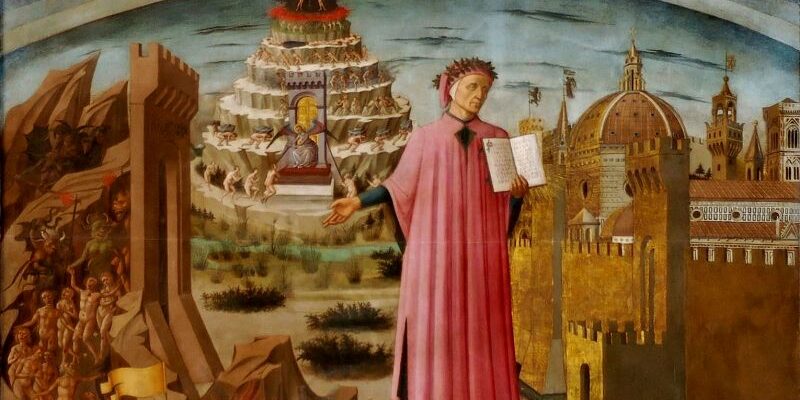
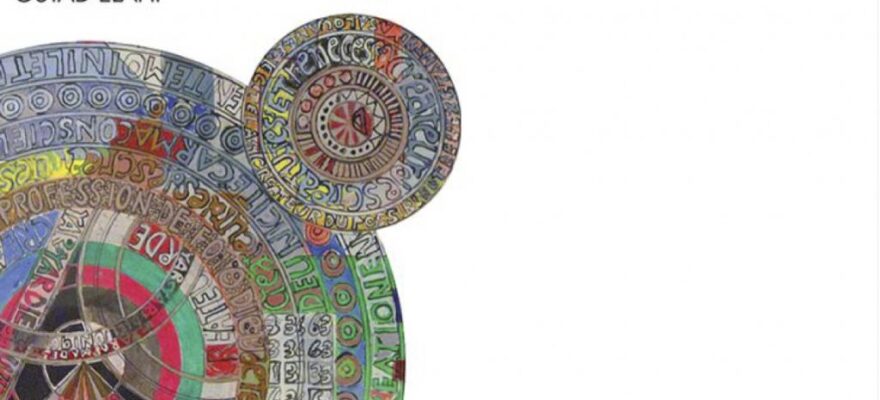
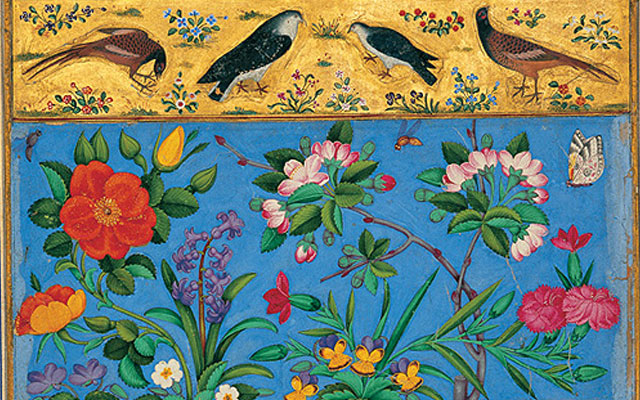
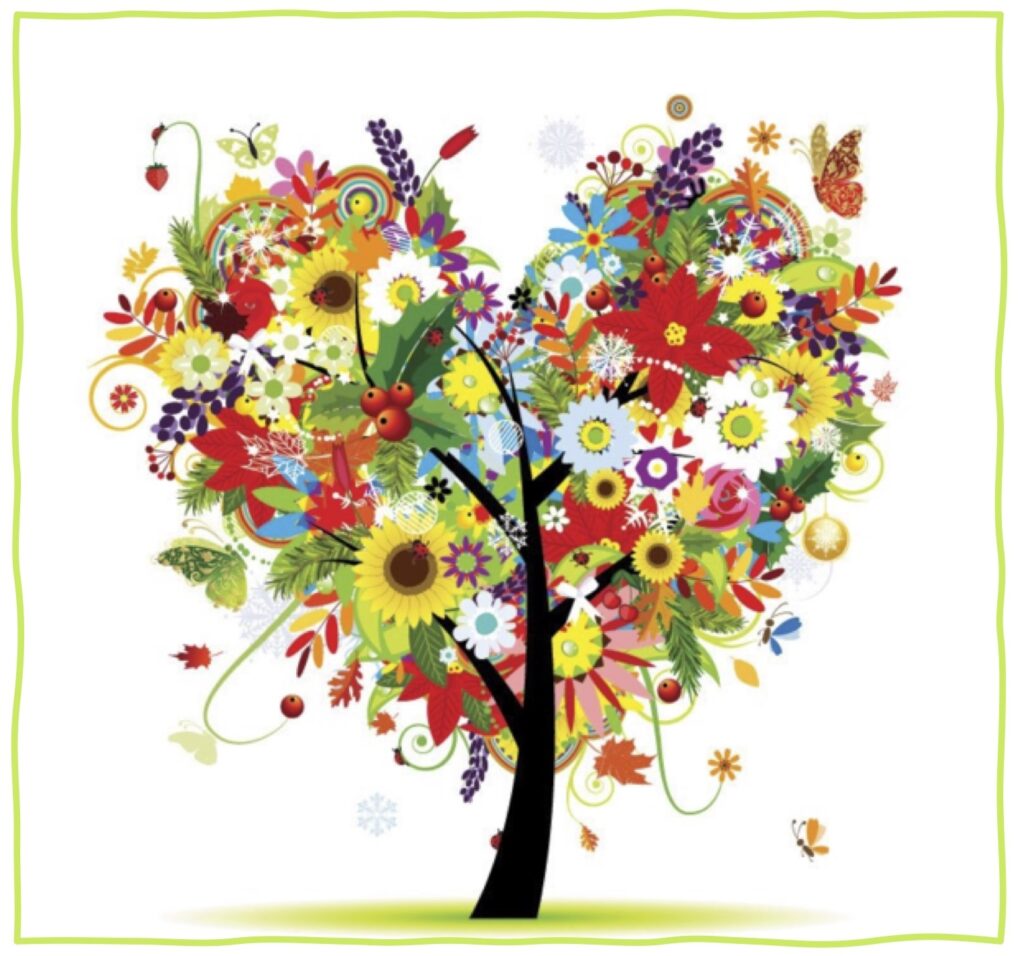
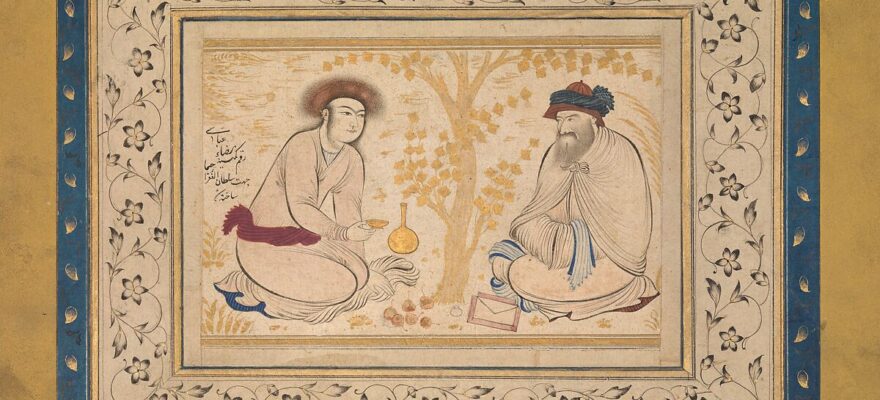

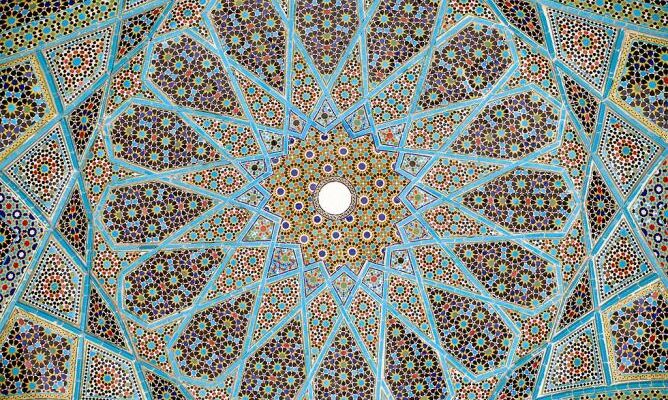
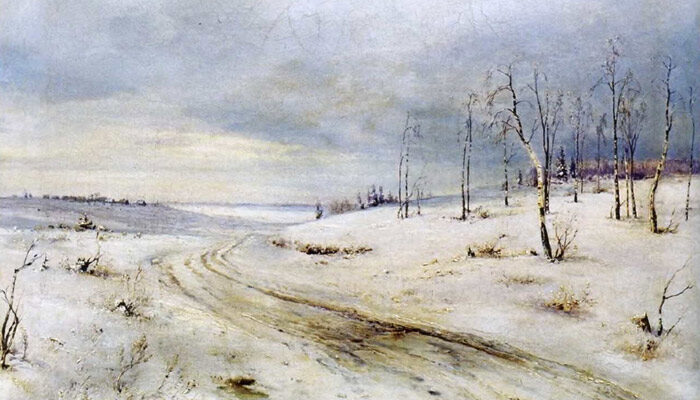





Social Profiles